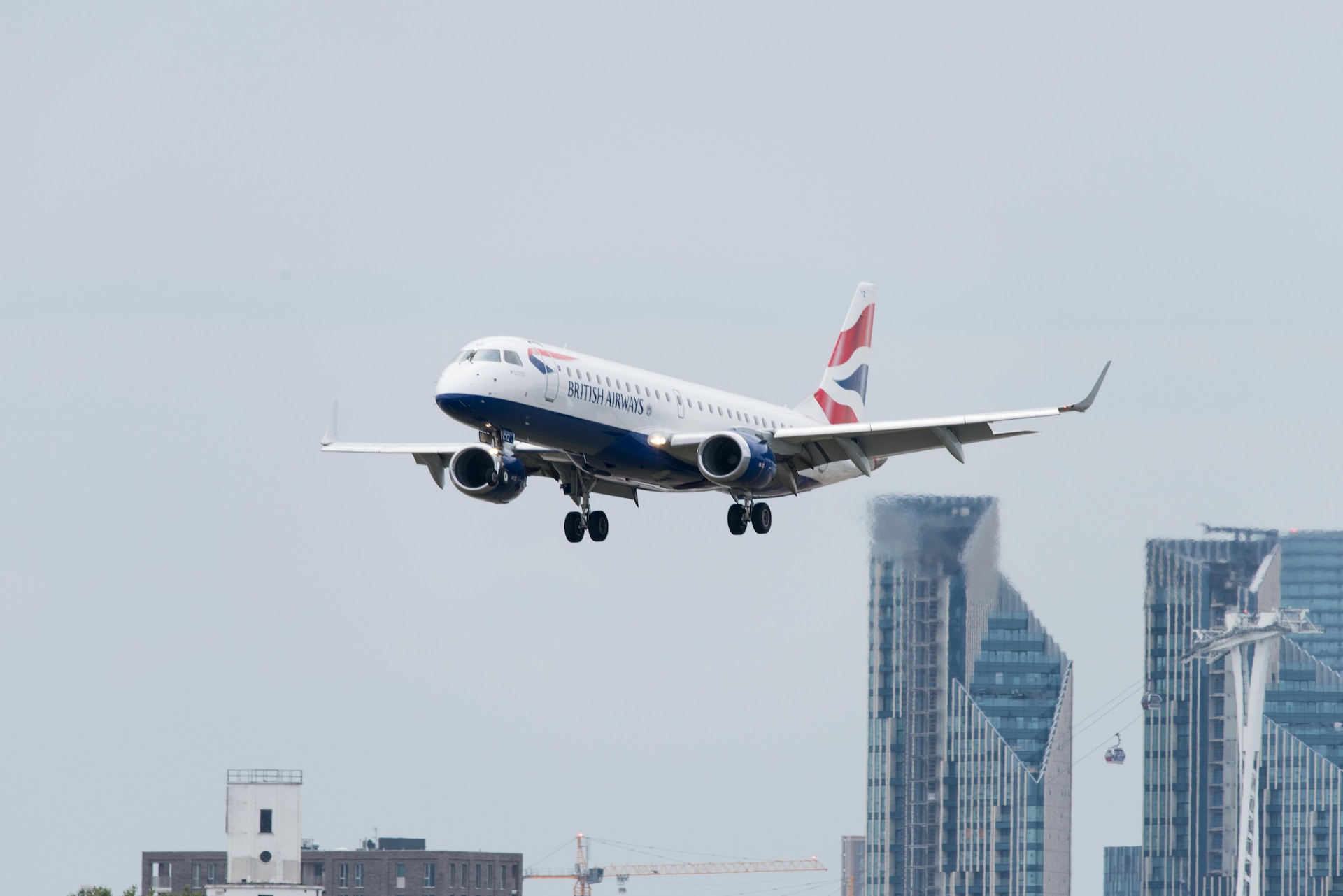British Airways, one of the world’s most prominent airlines, finds itself mired in a prolonged period of chaos and frustration as it grapples with a cascade of flight cancellations in the aftermath of a crippling IT outage. Passengers are left stranded, travel plans are in disarray, and the airline’s reputation hangs in the balance. The fallout from this latest crisis raises questions about the company’s preparedness, customer service, and the long-term implications for both the airline and its loyal passengers.
The flight fiasco began when British Airways suffered a major IT outage, triggering a series of disruptions across its entire network. The airline’s critical systems, including check-in, flight management, and reservation platforms, came to a grinding halt, leaving staff and passengers bewildered and frustrated. Flights were delayed, rescheduled, or outright canceled, leading to a domino effect of chaos that reverberated throughout the airline’s operations.
Passengers, already burdened by the stress of travel, were met with long queues, insufficient information, and a lack of clarity from the airline. Many found themselves stranded at airports with no alternative flights or accommodations provided by British Airways. The situation quickly escalated into a public relations nightmare, with frustrated customers taking to social media to vent their frustrations and share their stories of disrupted travel plans.
This is not the first time British Airways has been plagued by such a debilitating IT outage. In 2017, a similar incident left thousands of passengers stranded and cost the airline millions in compensation and lost revenue. At the time, the airline pledged to invest in robust IT infrastructure and implement measures to prevent future disruptions. However, the recurrence of such incidents raises concerns about the efficacy of those efforts and the airline’s ability to learn from past mistakes.
The reliance on technology in the airline industry is undeniable. From booking flights to managing reservations, baggage handling, and communication, airlines heavily rely on complex IT systems to ensure smooth operations. Any disruption to these systems can have severe consequences, not only in terms of financial losses but also in terms of the trust and loyalty of passengers.
In response to the current crisis, British Airways has vowed to rectify the IT issues and minimize further disruptions. The airline is providing affected passengers with options for rebooking, refunds, and assistance with alternative travel arrangements. However, for many passengers, these remedies come too late, and the damage to their travel plans and overall experience has already been done.
Industry experts argue that the airline industry must prioritize investments in robust IT infrastructure, regular system maintenance, and comprehensive disaster recovery plans. Redundancies and fail-safe mechanisms should be in place to ensure the continuity of operations in the event of an IT failure. Equally important is the need for effective communication and crisis management strategies to keep passengers informed and reassured during times of disruption.
The prolonged nature of the flight cancellations and the challenges faced by British Airways in resolving the IT outage have raised concerns about the airline’s transparency and customer service. Passengers feel let down by the lack of clear communication and support, and many are left questioning their loyalty to the airline.
Rebuilding trust and restoring confidence will be an arduous task for British Airways. The airline must not only resolve the immediate IT issues but also address the underlying causes and implement lasting solutions to prevent future disruptions. Transparent communication, genuine empathy, and a commitment to customer satisfaction will be vital in regaining the trust of passengers and salvaging the airline’s reputation.
As British Airways works tirelessly to rectify the IT outage and alleviate the frustrations of stranded passengers, the incident serves as a stark reminder of the vulnerability of even the largest and most established airlines in the face of technological disruptions. It underscores the need for continuous investment in robust IT infrastructure, employee training, and crisis management protocols to ensure the resilience and reliability of operations.
The flight fiasco endured by British Airways is not merely a temporary inconvenience but a stain on the airline’s reputation and a wake-up call for the industry as a whole. The airline must seize this opportunity to not only rectify the immediate crisis but also make long-term investments in technological resilience and customer-centric practices. Only then can it hope to regain the trust of its passengers and soar to new heights once again.




